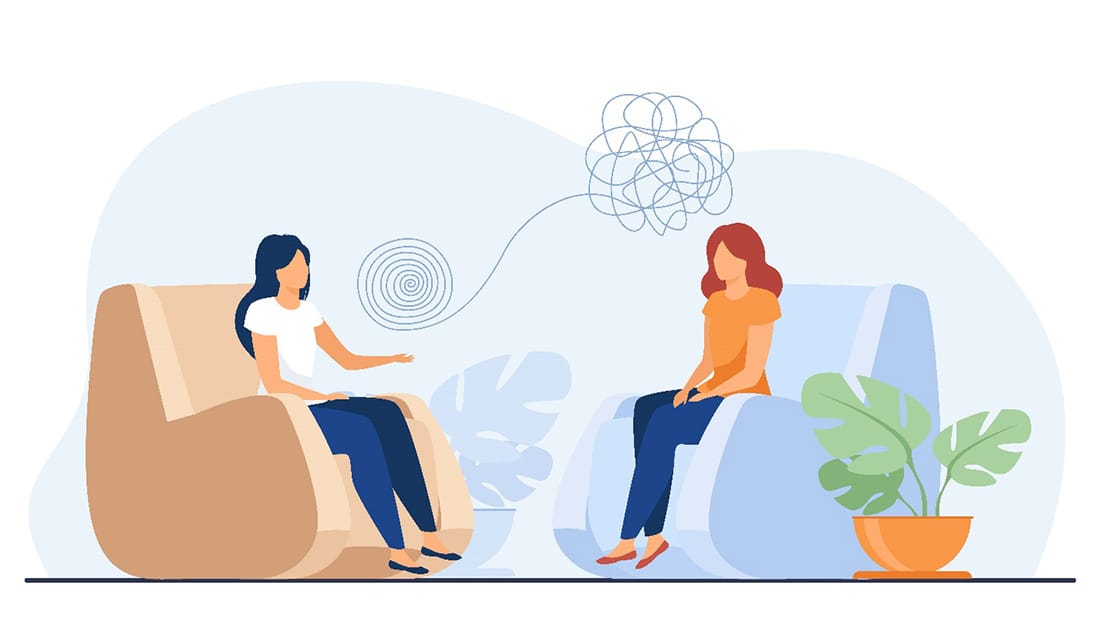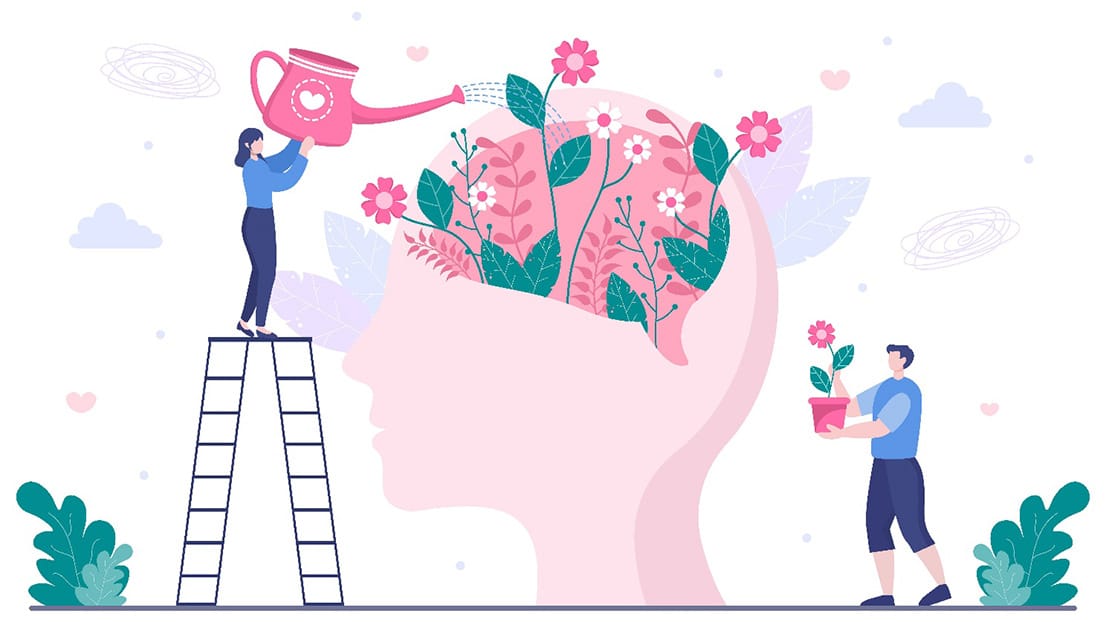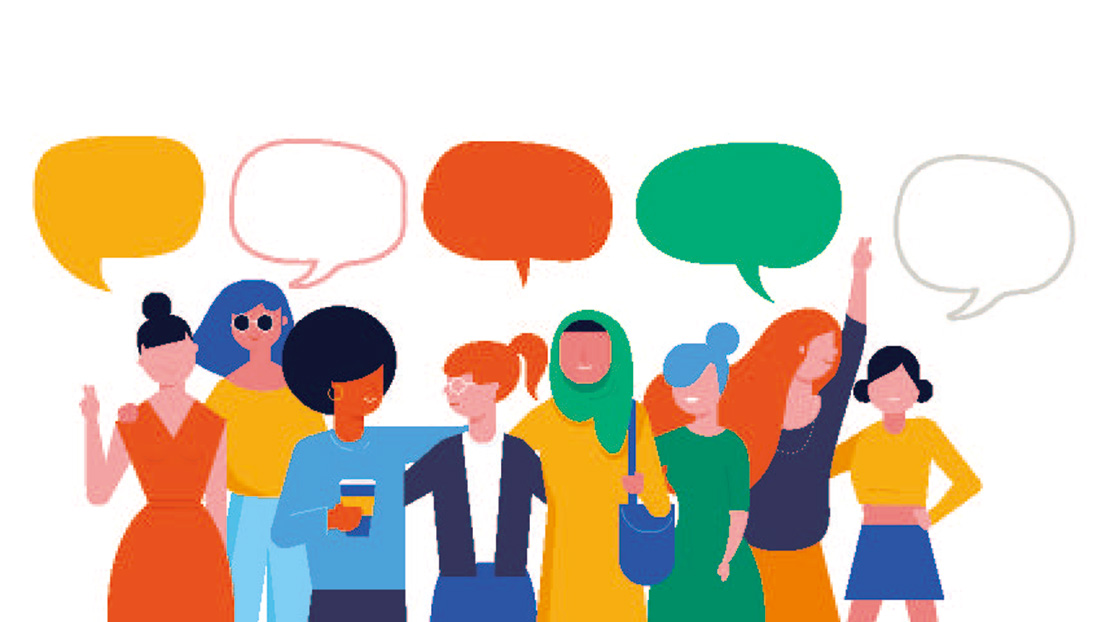It has been claimed in the past that women are twice as likely to suffer from depression as men. Factors may include anxiety caused by naturally-fluctuating female hormones, a work environment in Japan that still makes it difficult for women to work, conflicts arising from relationships within the family, or memories of childhood trauma. Compounding this, recent research suggests that women’s mental health has been further negatively impacted under the COVID-19 pandemic. If we suspect the mental health of someone close to us is deteriorating, whether in the family or at work, how should we go about responding?
In this newsletter, we speak to Dr. Yoshiko Orito of the Yoyogi no Mori Clinic, who has been involved in women’s mental health for many years, about the issues surrounding women’s mental health and specific measures to deal with them. Dr. Orito’s profile may be found at the end.










